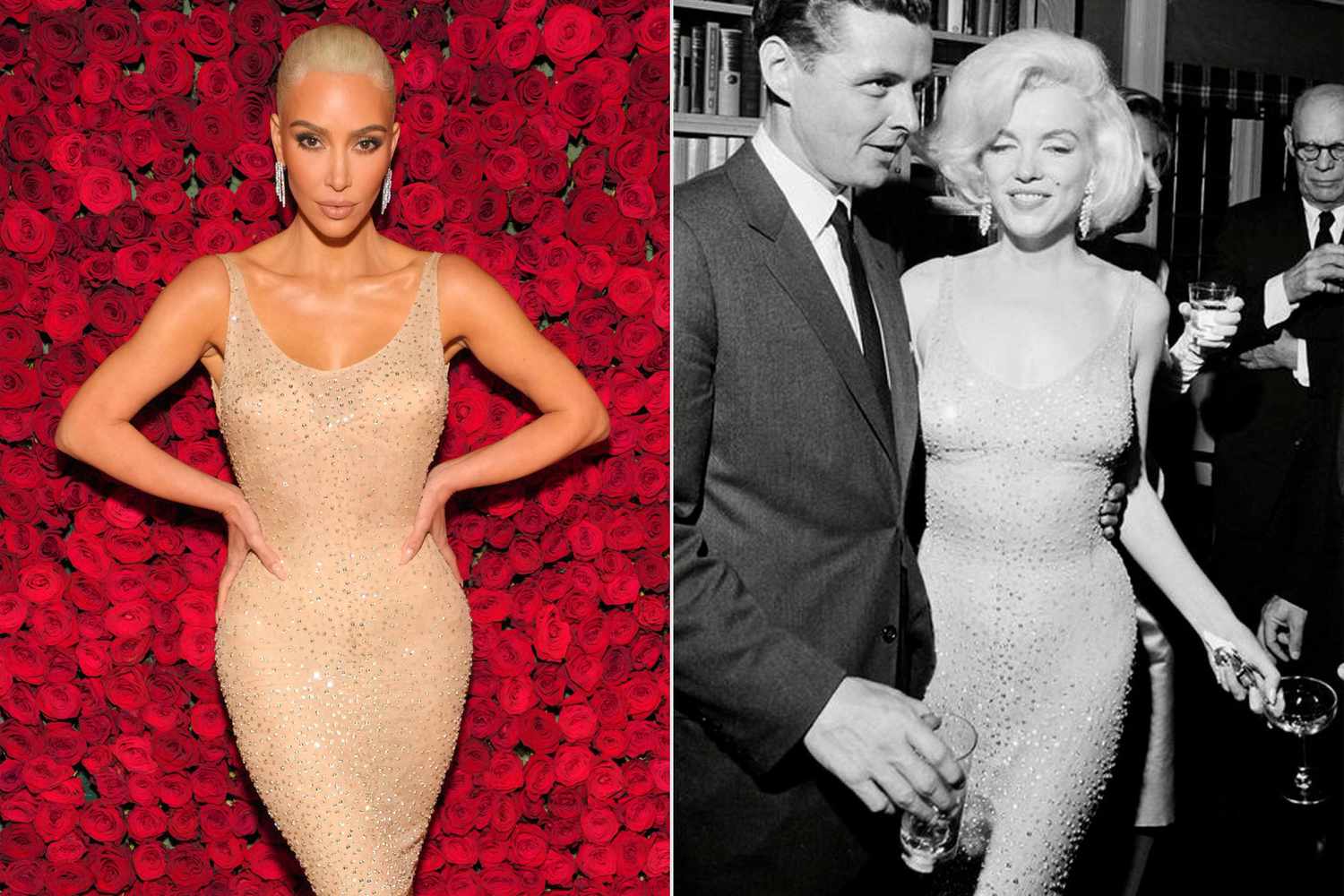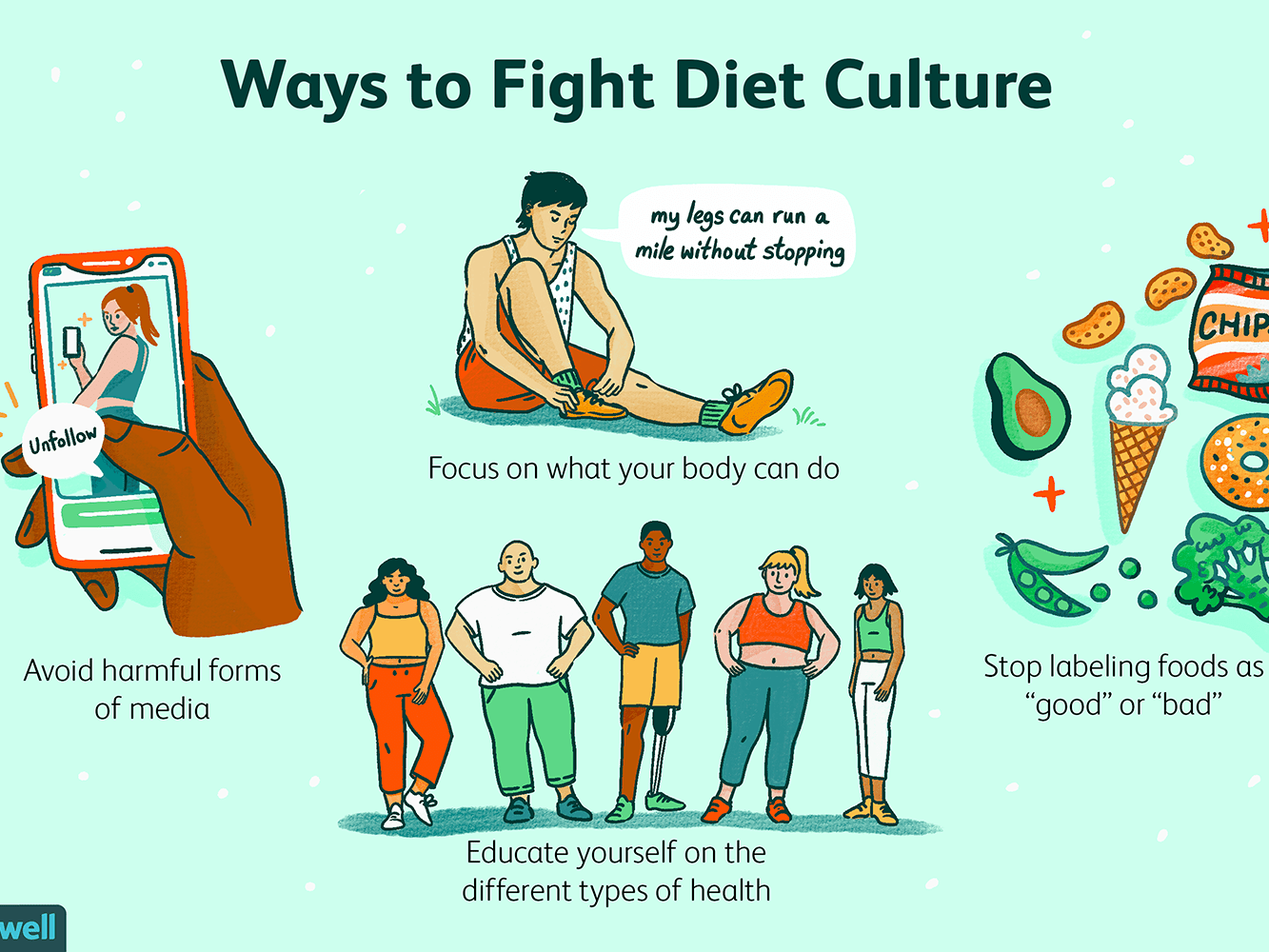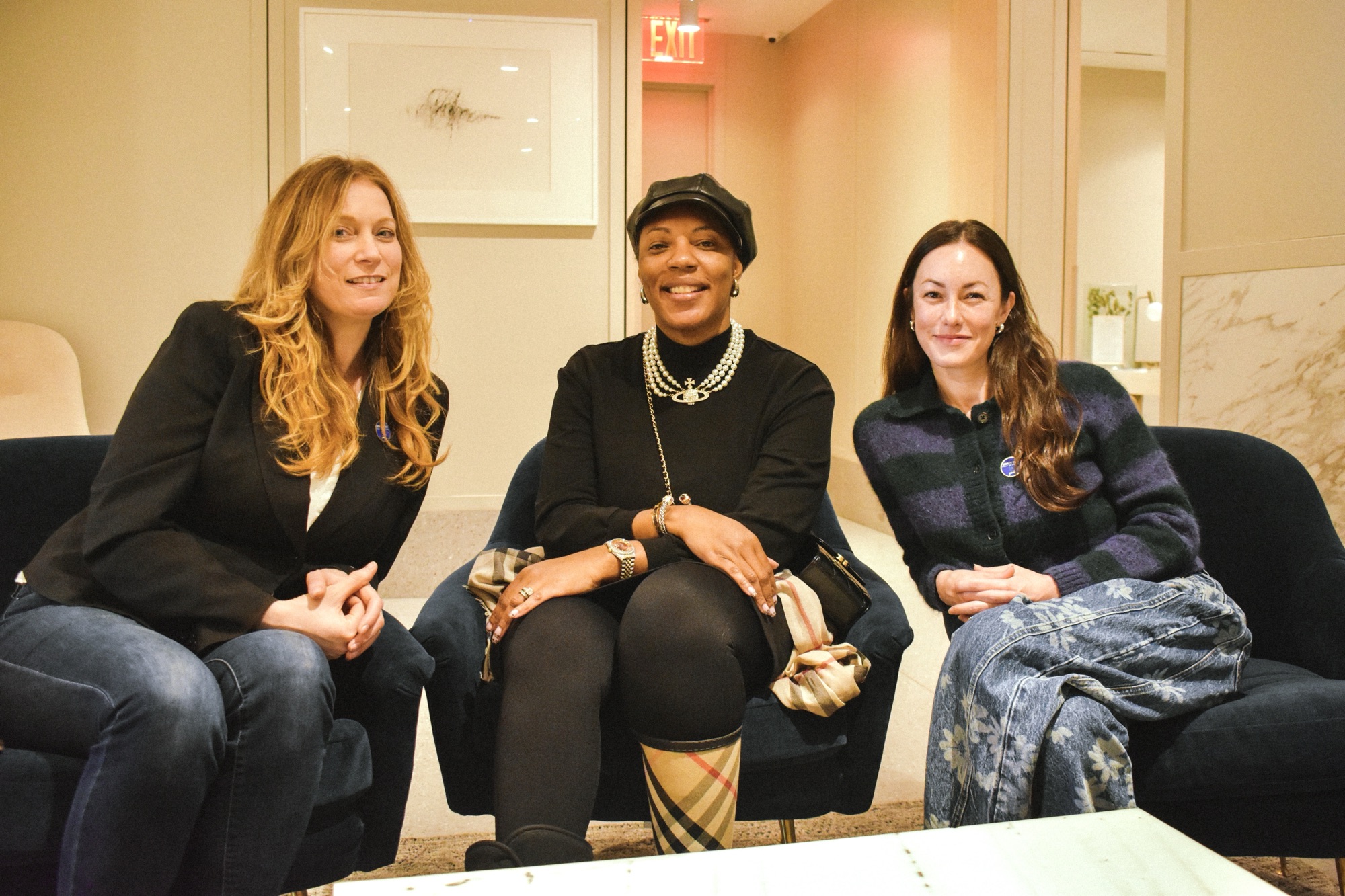Photo illustration by Najeebah Al-Ghadban via The New York Times.
Everyone’s probably thought about the glitz and glam lifestyle of celebrities: flashing lights, red carpet photos, award show speeches, talk show interviews.
Now, with social media, we get to wonder a little less as people’s lives become more and more accessible. While social media has its perks, it’s also contributed to one of the most harmful ideologies in our society: diet culture.
Last month, one of the biggest celebrity events in the world of fashion occurred: the Met Gala. This annual themed charity event raises money for the Metropolitan Museum of Art’s Costume Institute and has produced some of the most talked about fashion moments.
This year was no exception, as famous reality star and beauty mogul Kim Kardashian made headlines wearing Marilyn Monroe’s iconic dress she sang “Happy Birthday” to President John F. Kennedy in back in 1962.
This joint decision with Ripley Entertainment, the company that now owns the dress, was heavily criticized for the unethical practice of heavily handling a historical garment and contributing to its lack of essential preservation through the exposure to bright lights, flash photography, and any substances that could stain the dress, as well as Kardashian’s unhealthy dietary restrictions leading up to the event.
In fact, Bob Mackie, the designer of the original dress, stated that he believed Kardashian wearing the dress was a “big mistake” not only because of Monroe’s revered status as a film icon, but also because “nobody photographs like [Monroe]. It was designed for her. Nobody else should be seen in that dress.”

(Credit: Kevin Mazur/MG22/Getty Images; Cecil Stoughton/AP/Shutterstock)
When asked about her preparation for the gala, Kardashian stated that she lost 16 pounds in three weeks to fit into Monroe’s dress and was on a strict diet where she abstained from eating carbs and sugar.
For reference, the CDC characterizes healthy weight loss at about 1-2 pounds per week, which would add up to 3-6 pounds in three weeks. Additionally, Kardashian was unable to fully fit into the dress, as she couldn’t pull the zipper up all the way, which led to her wearing a white fur coat to cover it and wearing a replica of the dress for the rest of the event.
As someone with millions of followers and billions of eyes on her at all times, many deemed this proclamation to be irresponsible, as she not only promoted harmful ideologies within diet culture, but she also continuously denies that these comments — as well as her prior social media sponsorships with diet teas and supplements — could potentially harm her fans who hang on to her every word.
As the Kardashian family is one of the most influential families of our time, particularly within the realm of beauty, it is crucial for a family of such influence to use their platform positively and encourage their fans and viewers to embrace their natural beauty.
However, as the years have gone by, they continue to preach the opposite the message by constantly making themselves more appealing to the male gaze and societal trends and making their followers feel as though they should do the same.
From Twitter to Instagram and even Tumblr and Pinterest, social media users all over the world share and save pictures of this family with captions like “I wish I looked like her” and “Why can’t my body look like that?” without the acknowledgement that these celebrities have numerous resources that allow them to look a certain way that aren’t accessible to the average person, like plastic surgeons, personal trainers, stylists, and makeup artists.
Another aspect of diet culture that is rarely, if ever, acknowledged by celebrities is the reality of food deserts, which are defined as areas where people don’t have access to affordable, healthy, and good quality fresh foods.
This issue affects millions of people around the world, with approximately 23.5 million people living in food deserts, with nearly half of them being low-income households, according to dosomething.org.
However, this number is most likely under-reported, as small corner grocery stores that typically sell packaged food are grouped in the same category as grocery stores known for selling healthier alternatives like Whole Foods and Trader Joe’s.
When celebrities give weight loss advice, they always tell their fans or viewers to just eat healthier and all their problems will go away.
While this may seem like it’s good advice, it doesn’t acknowledge that some people don’t have access to a grocery store for miles and that they might only be able to afford a meal for their family from Wendy’s instead of Sweetgreen because of the drastic price difference.
When scrolling through social media, teenagers and adults alike shared their thoughts on what Kardashian’s action of wearing Monroe’s dress means in terms of contributing to diet culture and the lack of acknowledgment surrounding food deserts.
Additionally, social media users are also talking about how these practices can affect one’s relationship with their own body and thus develop patterns attributed to disordered eating.
As the first generation growing up with social media and drastically adjusting our lives around it, it is crucial to have these conversations with our peers to use social media in a better way.
Christelle Candelario, a 24-year-old Bayonne native and graduate student at The University of Scranton studying clinical mental health counseling, said that social media can have a myriad of effects on one’s body image, as it’s a topic constantly being discussed online.
“From a developmental standpoint, youth at very critical stages of their mental and emotional development can find themselves being negatively impacted by social media. Humans are social creatures that do much of their learning surrounded by others, and social media platforms are the latest and greatest spaces to do so,” says Candelario.
“Modeling behaviors, much like social learning, are terms taken from the realm of social psychology.
“As we take in content on social media that is met with praise and success, we internalize these behaviors and rewards. For example, when a celebrity makes a post discussing weight loss after crash dieting and is met with overwhelming support, this is a teaching moment where the celebrity has modeled a behavior that one may want to imitate.”
While diet culture isn’t a new cultural phenomenon, it continues to become widespread among younger generations because of social media.
“Any single person’s socials can easily be flooded with weight loss tea, pill, and diet ads, workout videos, and fashion tutorials to look slimmer. The glamorization of quick unhealthy weight loss, the pushing of unattainable and ever shifting beauty standards, and constant input on one’s looks is quite the burden to shoulder,” Candelario states.
From celebrity sponsorships to an Instagram story of your friend saying they’re having a “cheat day” because they’re eating bread, we are constantly being bombarded with messages that our current bodies will never be enough, that we always need to change how we look to fit into the ever-changing trends surrounding body image.
Celebrities like Kim Kardashian who have undergone numerous plastic surgery procedures to maintain her youthful beauty have also caused younger people to have variations of body dysphoria, as they are unsure if their stomach rolls, “hip dips,” stretch marks, and visible pores are normal.
Through her studies and occasional social media consumption herself, Candelario has found that:
”Negative content has the potential to contribute to decreased mental health and self-esteem. The internet is riddled with content that highlights disordered eating and unhealthy lifestyles disguised as helpful content.
“Such content can lead to comparison, negative self-image, internalized shame and guilt, and damaging efforts to conform. Great confusion can also be a byproduct of social media content with the rise of plastic surgery and filters, as many users are unsure what bodies are natural or enhanced.”

But can social media contribute to disordered eating practices?
Some might say so because of its widespread influence and the eating disorder/pro-anorexia forums that were heavily popular in the early 2000’s, including Candelario.
However, she also believes that it can lead people to health and recovery through numerous mental health and wellness social media accounts sharing their content and becoming more widespread.
“I have seen Gen Z specifically, being more intentional with building safer and more health promoting spaces online in regard to both physical and mental health. Social media gives us the opportunity to be more connected in life than we have ever been, and this can have both positive and negative consequences,” she added.
Candelario states that knowing how to care for yourself is the most crucial step forward.
“Disconnecting from social media to engage in other activities that bring us joy, having trusted people to talk to in your life, and identifying healthy outlets to cope with stress and negative feelings can be helpful.
”We can also work to curate our social media feeds by unfollowing accounts that make us feel bad about ourselves, reporting harmful content, blocking keywords and phrases from our socials, editing our ad preferences, following uplifting creators, and setting time limits for daily social media use,” she advises.
“Social media can be a tool for empowerment, growth, connection, and wellness, but the harmful effects it has had on mental health and body image are incredibly real. Taking time to curate our feeds and set boundaries with social media puts some of the power back in our hands with what we consume and the aftereffects.”
While some might argue that Kim Kardashian’s action of wearing the dress was harmless because it’s “just a dress,” this exact thought process has contributed to the notion that our bodies aren’t enough as they are. If we don’t fit into the clothes we want, we often can’t help but think that we’re undesirable because we’re “too big,” which is a notion that takes decades to unlearn.
During a time where the body positivity movement is starting to take off, these ideologies as well as statements from Kardashian fans defending this decision by saying people are only upset because they aren’t “skinny” or “relevant” enough to wear Monroe’s dress themselves continue to set us back.
We can’t have productive conversations about this topic if we only view it as “just a dress.”



 Get your slice of culture from NJ
Get your slice of culture from NJ Hudson County born & raised
Hudson County born & raised The Locals + The Culture
The Locals + The Culture “Best Grassroots Journalism” @njspj + @njcivicinfo grantee
“Best Grassroots Journalism” @njspj + @njcivicinfo grantee



 We stopped by Excel
We stopped by Excel










 E
E
















